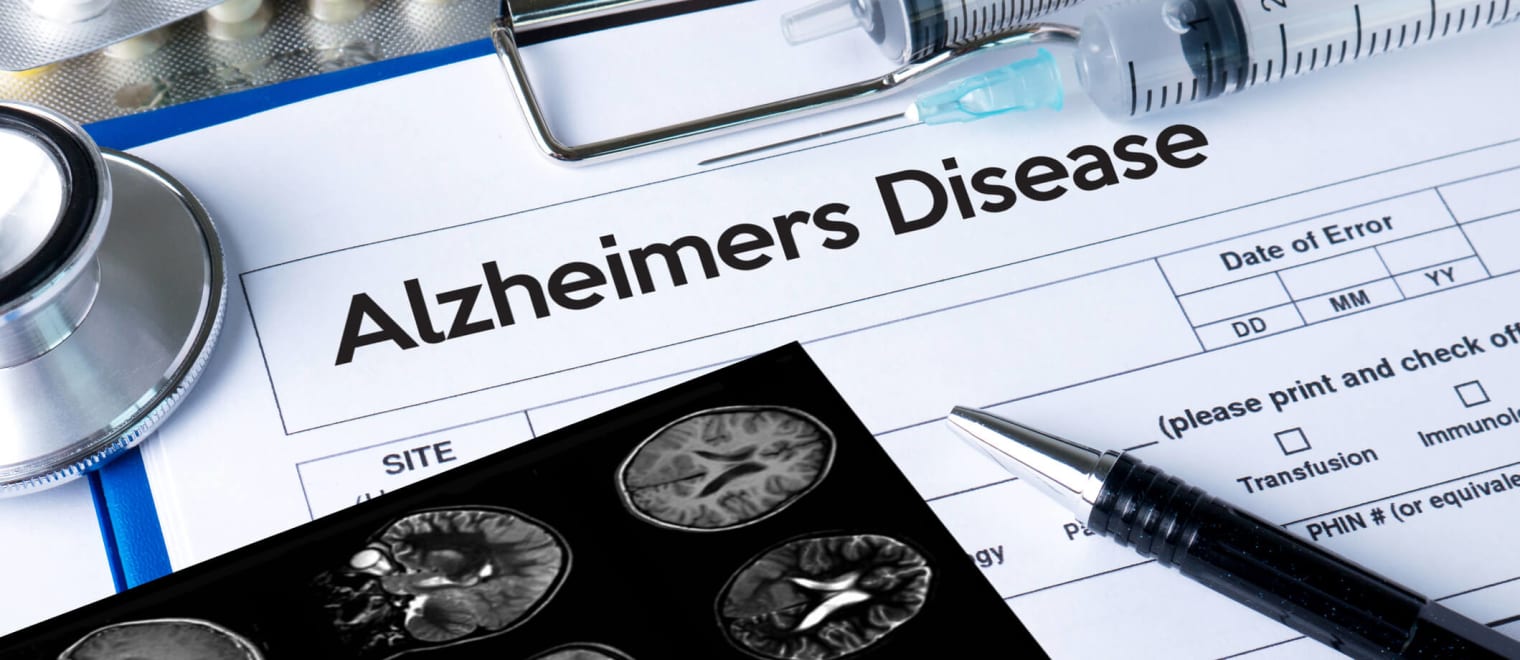This informal CPD article, ‘What is Alzheimer’s Disease?’ was provided by Geopace Training. Established in 2010, they are leading UK-based providers of phlebotomy and allied healthcare training.
Alzheimer's disease is the most common form of dementia, a general term for memory loss and other cognitive abilities severe enough to interfere with daily life. It is a progressive disease, where symptoms gradually worsen over time. While the early stages may involve mild memory loss, individuals in the later stages lose the ability to carry on a conversation or respond to their environment.
The Importance of Early Detection
One of the most pressing issues in the fight against Alzheimer’s is the importance of early detection. Early symptoms often go unnoticed or are mistaken for normal aging, delaying critical interventions that can improve the quality of life. Recognizing early warning signs, such as difficulty in completing familiar tasks, confusion with time or place, and changes in mood or personality, is crucial for seeking medical advice promptly.
Early detection allows for better planning and access to treatments that can temporarily slow the progression of symptoms, providing individuals and their families more time to adjust and prepare for the future. Additionally, it opens up opportunities to participate in clinical trials that contribute to research, potentially helping future generations.
The Impact on Families and Caregivers
Alzheimer’s doesn't just affect those diagnosed; it profoundly impacts families and caregivers. The emotional and physical toll of caring for a loved one with Alzheimer’s can be overwhelming. Caregivers often face high levels of stress, anxiety, and depression, particularly as the disease progresses and their loved one requires more intensive care.
Support for caregivers is an essential component of living with Alzheimer's. Educational resources, support groups, and respite care are vital in helping caregivers maintain their own health and well-being. By providing a network of support, communities can help ease the burden on those who dedicate their lives to caring for others.
Advancements in Research and Treatment
While there is currently no cure for Alzheimer's disease, research is advancing at a rapid pace. Scientists are exploring new avenues for treatment, including medications that target the underlying causes of the disease, such as amyloid plaques and tau tangles in the brain. Other areas of research include lifestyle interventions, such as diet, exercise, and cognitive training, which may reduce the risk or delay the onset of symptoms.
It is essential to recognize the role that research plays in finding a cure. Supporting organizations dedicated to Alzheimer’s research can make a significant impact in the fight against this disease.
How You Can Make a Difference
There are many ways to get involved with fundraising. Consider participating in or donating to events like Alzheimer’s Society Memory Walk, which raises funds for research and support services. Educating yourself and others about the disease and advocating for policies that support Alzheimer's research and caregiving can also make a substantial difference.
Another powerful way to contribute is by simply sharing stories. Whether it’s your own experience or that of a loved one, sharing your journey can provide comfort to others and foster a community of understanding and support.
Conclusion
Alzheimer's disease is a formidable challenge that demands our collective attention, compassion, and action. While progress is being made, there is still much work to be done. By increasing awareness, supporting research, and caring for those affected, we can all contribute to a future where Alzheimer’s is no longer a life sentence but a conquerable condition.
We hope this article was helpful. For more information from Geopace, please visit their CPD Member Directory page. Alternatively, you can go to the CPD Industry Hubs for more articles, courses and events relevant to your Continuing Professional Development requirements.













